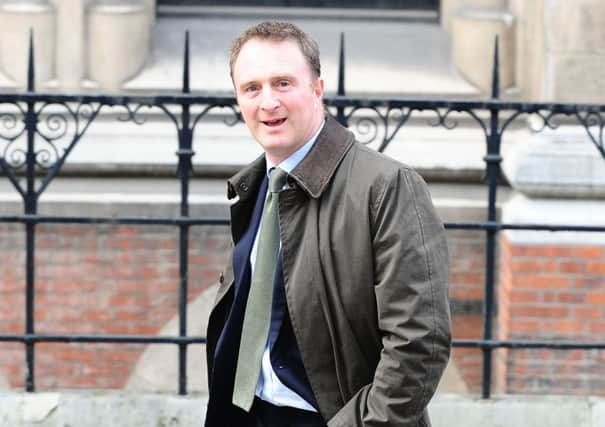600 jobs face axe at BBC News


Director of news and current affairs James Harding said in an email to staff that the division had to make savings of “tens of millions of pounds” as part of the so-called Delivering Quality First programme.
The former editor of The Times, who joined the BBC last August, said he would share his proposals in July, having taken a “long, hard look” at the budgets over the past couple of months.
Advertisement
Hide AdAdvertisement
Hide Ad“I am afraid that there is no escaping the fact that there are likely to be a significant number of redundancies - most of our costs are tied up in people so there is limited scope for other big savings elsewhere,’ he said.
“I do not pretend that the months ahead are going to be easy. We have some very difficult decisions to make and no doubt some difficult challenges to face.”
There has been speculation that between 500-600 jobs could be cut.
A BBC spokesman said: “We’re working at present to deliver savings of £800 million a year by 2016/17 and we have said that there are difficult decisions ahead of us. Whilst we need to make savings it would be wrong to comment on speculation.”
Advertisement
Hide AdAdvertisement
Hide AdMichelle Stanistreet, general secretary of the National Union of Journalists, said: “Cutting 500 jobs in areas of news that are badly over-stretched, where staff are already suffering unacceptably high levels of stress and pressure and in a working environment where bullying has been rife is wholly unacceptable and will inevitably damage the quality of journalism and programming.
“NUJ members are already gearing up to ballot for industrial action over what the BBC has tried to pass off as a pay offer. The place to save money is from the fleshy layers of executive pay and excess at the top of the BBC.
“If senior salaries were capped at £150,000 - massive wages by anyone’s reckoning, and more than enough for the prime minister - an immediate and annual saving of £20 million would be made, money that could go straight into quality programming, the one thing that licence fee payers actually care about.”